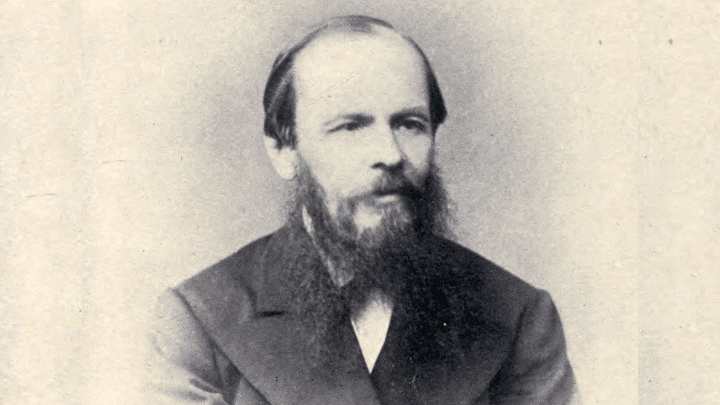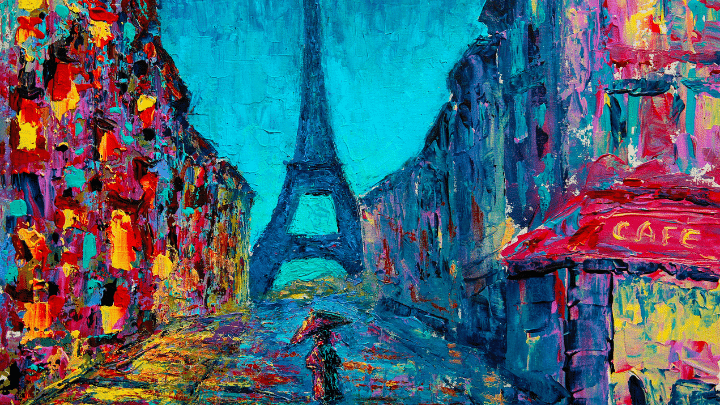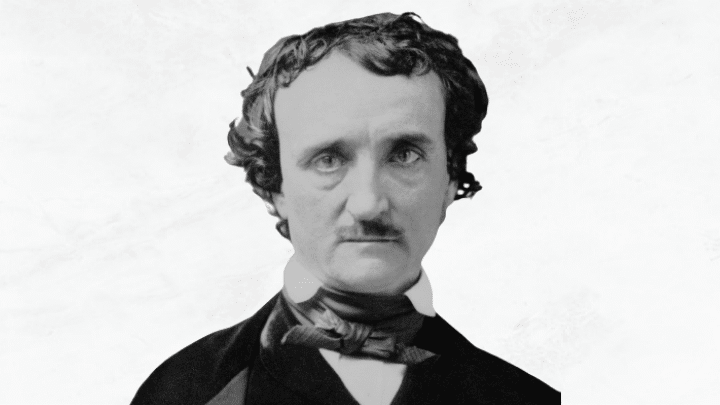5 Best Fyodor Dostoevsky Books You Should Read

Fyodor Dostoevsky’s impact on literature is immeasurable. Born in Moscow in 1821, he became a towering figure not only in Russian literature but in the world canon, renowned for his complex characterizations and deep explorations of psychological and philosophical themes. His novels, filled with vividly drawn characters and intricate plots, delve into the human soul’s depths, grappling with existential questions that remain relevant today.
Dostoevsky’s life was fraught with personal turmoil, financial hardship, and political struggles, all of which influenced his writing. After spending several years in a Siberian labour camp, his perspectives on human nature and society sharpened, giving rise to novels that explore the complexities of morality, faith, free will, and the human psyche. His works often depict characters at odds with their environment or themselves, reflecting the inherent contradictions within human nature.
In this article, we explore the five most outstanding works of Fyodor Dostoevsky. These books transcend mere storytelling; they are profound examinations of psychology and philosophy, providing deep insights into the essence of humanity. Reading them offers a glimpse into a brilliant mind and an opportunity to engage with some of literature’s most fundamental questions.
1. Crime and Punishment
“Crime and Punishment” is an intense psychological thriller that delves into the mind of Raskolnikov, a young, impoverished student. Consumed by the idea that he is an extraordinary person exempt from moral law, he plans and executes the murder of a pawnbroker. The novel’s first half masterfully builds tension leading up to the crime, while the latter half explores Raskolnikov’s guilt and torment.
Dostoevsky’s exploration of guilt and redemption in “Crime and Punishment” is a central theme that resonates deeply with readers. Through a cat-and-mouse game with a relentless detective and Raskolnikov’s internal battle with his conscience, the novel paints a vivid picture of crime’s psychological effects. It’s a must-read for anyone interested in exploring the human psyche’s complexity.
2. The Brothers Karamazov
“The Brothers Karamazov” is considered Dostoevsky’s final and perhaps greatest work. This philosophical novel is a profound exploration of faith, doubt, reason, and humanity, set against the backdrop of a family drama involving three very different brothers. The novel’s complexity is apparent in its multifaceted characters, each representing different aspects of Russian society and the human condition.
One of the novel’s most famous portions is “The Grand Inquisitor,” a parable within the story that delves into questions of faith, free will, and the nature of good and evil. This section alone has been the subject of extensive analysis and debate. Overall, “The Brothers Karamazov” remains a rich, thought-provoking read that offers endless layers of meaning to explore.
3. The Idiot
In “The Idiot,” Dostoevsky presents Prince Myshkin, a character embodying pure innocence, goodness, and Christ-like compassion. Returning to Russia after treatment for epilepsy, Myshkin’s innocence clashes with the society around him, leading to misunderstandings and eventual tragedy. The novel offers a compelling portrait of a pure soul navigating a world filled with deceit and malice.
The novel is both a character study and a philosophical treatise on innocence, love, beauty, and society’s corruption. Myshkin’s interactions with various characters lead to intense emotional experiences, culminating in an unsettling conclusion. “The Idiot” continues to captivate readers with its depth of emotion and philosophical insight.
4. Demons
“Demons” is a novel deeply entrenched in the political climate of 19th-century Russia. Inspired by real events, the novel explores revolutionary ideas, nihilism, and the dark side of ideology. Through a group of young radicals in a small Russian town, Dostoevsky exposes the chaos that can ensue when society abandons traditional values and moral boundaries.
The novel serves as both a critique of radical political ideology and a warning about the dangers of fanaticism. Its characters and events present a vivid and often terrifying picture of a society on the brink of moral collapse. Readers interested in politics, philosophy, and the complex interplay between ideas and action will find “Demons” a challenging but rewarding read.
5. Notes from Underground
“Notes from Underground” is a seminal work in existentialist literature, told from the perspective of an unnamed narrator known as the Underground Man. This short novel is a searing critique of 19th-century utopianism and rationalism, presenting a character who is in profound conflict with himself and the society he inhabits.
The novel is divided into two parts: the first is a long, introspective monologue where the Underground Man shares his views on various subjects, while the second part illustrates these ideas through his interactions with others. “Notes from Underground” continues to be admired for its psychological depth and philosophical insight, and its influence on later existentialist thinkers is undeniable.
Conclusion
Fyodor Dostoevsky’s literary brilliance shines through his five best books – “Crime and Punishment,” “The Brothers Karamazov,” “The Idiot,” “Demons,” and “Notes from Underground.” These works are not just stories; they are profound inquiries into the human soul and its complexities. Dostoevsky’s deep understanding of the human psyche, his intricate characterizations, and his exploration of existential and moral dilemmas continue to resonate with readers worldwide.
Through his masterful storytelling, Dostoevsky exposes the depths of human emotions, the eternal struggle between good and evil, and the complexities of faith, morality, and society. His works serve as a mirror to our own inner conflicts, forcing us to confront our fears, desires, and aspirations. As we delve into the worlds created by Fyodor Dostoevsky, we embark on a journey of self-discovery and philosophical contemplation, reminding us that great literature has the power to touch the depths of the human soul and illuminate the path to self-awareness and understanding.






